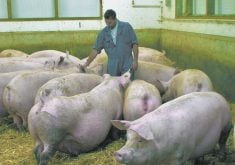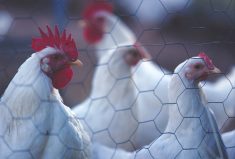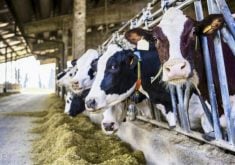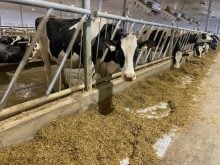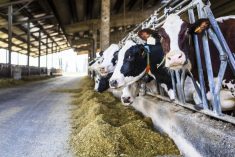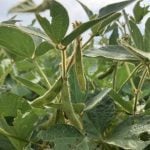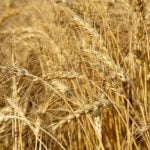Glacier FarmMedia – A breakthrough probiotic has been shown to boost milk production and the reproductive health of dairy cows.
The use of probiotics to prevent infections could lower the incidence of diseases, potentially reducing the need for treatment with antibiotics, said Burim Ametaj, a professor of physiology and nutritional immunology at the University of Alberta.
Why it matters: Probiotics can positively influence the immune system of animals and reduce the need for antibiotic treatment.
Read Also
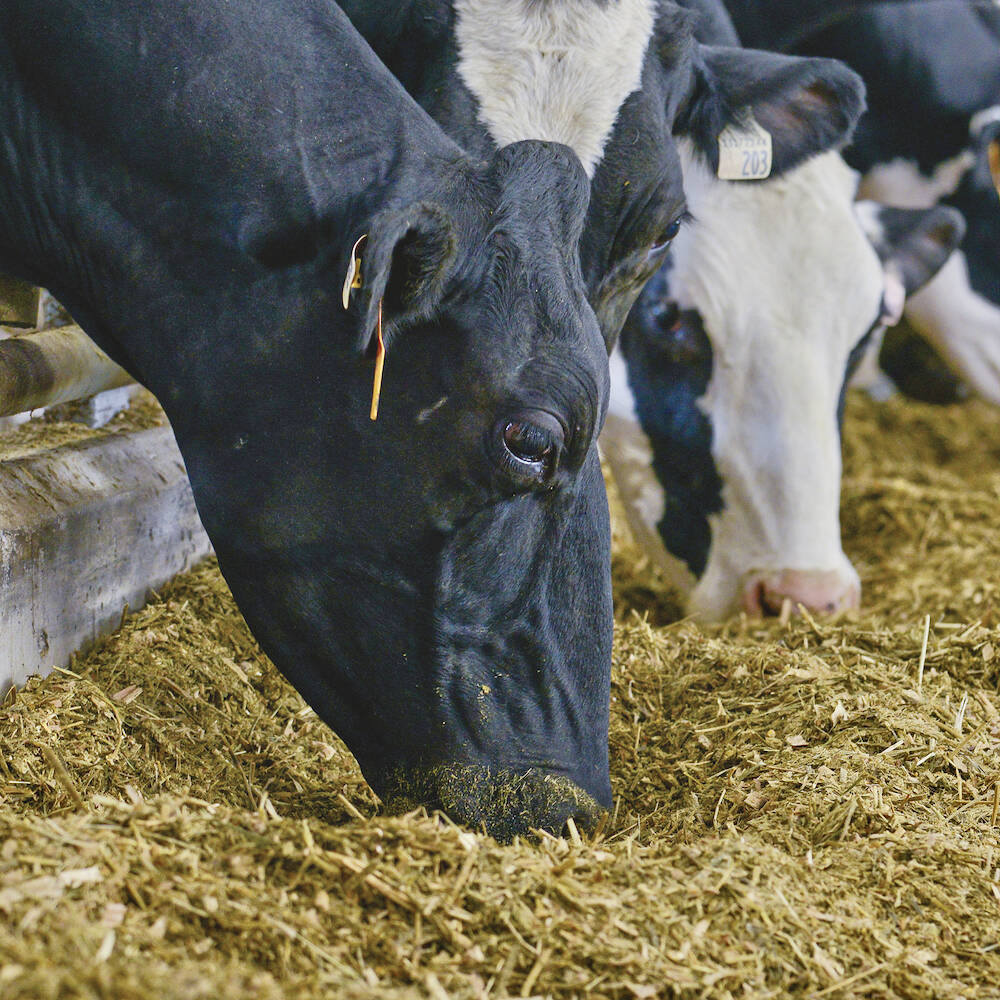
Byproducts with benefits for dairy cows
Local food processors can be a source of financially advantageous byproducts for dairy cows, but make sure the ration is properly balanced.
It could also help limit the spread of antibiotic drugs in the environment, he said. Microbial resistance to such drugs is making it more difficult to treat diseases using conventional methods.
Although people are familiar with probiotic yogurts that are often promoted as having health benefits, Ametaj said those contain a much lower concentration of beneficial bacteria than his probiotic.
It was developed over a 10-year period from three native bacterial strains taken from the reproductive tract of healthy cows, said a University of Alberta statement.
“It works by supplying beneficial bacteria to the microbiome, the collection of micro-organisms that live in the reproductive system of the animal, including the uterus, vagina, cervix, fallopian tubes and ovaries.”
The idea is to improve dairy cattle health by strengthening this microbiome, helping ward off infections in the reproductive system, said Ametaj. Studies show the probiotic contributed to a 50 per cent decline in post-calving uterine infections, said the university statement.
It has also been found to lower the rate of milk fever by half and reduce the incidence of retained placentas.
“All of these conditions are costly to dairy producers and sometimes deadly. The probiotic also reduced inflammation causing lameness,” said the statement.
Dairy cows given the probiotic increased milk yield by four to six litres per day during the first 50 days after calving, it said.
“Along with that, their calves also benefited, showing higher weight and better immunity four weeks after birth.”
The probiotic has no side effects, said Ametaj and its benefits have been confirmed by other dairy scientists around the world.
“Bacteria are a major contributor to many animal diseases, and we’ve now shown that using probiotics is an excellent way of treating disease.”
In studies, dairy cows were treated with the probiotic once per week at 14 and seven days before calving. Researchers followed the same frequency after the cattle gave birth, Ametaj said in an interview.
They were tested between 2008 and 2018 as part of three large projects involving dairy cows from the University of Alberta’s Dairy Research and Technology Centre, along with stock from four commercial dairy farms in Alberta.
The probiotic is being marketed under the trade name ProPreg by Healthy Cow Corp. The Canadian start-up company has launched sales at a small scale in the United States, with plans to make the product available to Canadian dairy farmers within two years, said the university statement.
Ametaj said the probiotic contains nutrients to support beneficial bacteria, and can be stored in a dormant state without refrigeration for two years or more. After they are injected or infused into the vaginal tract of dairy cows, the bacteria “wake up, and then they have plenty of nutrients that we have provided there for them.”
The probiotic could potentially be used to treat cows in the beef industry, he said.
“And we are not sure, we have not tested other animals, but certainly it might be beneficial. Research has to be conducted to test that in other animals, but probably in dogs, cats also, and in some livestock animals.”
– This article was originally published at The Western Producer.



